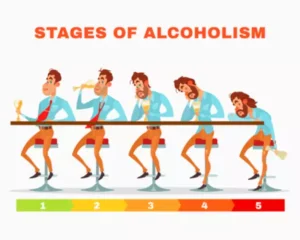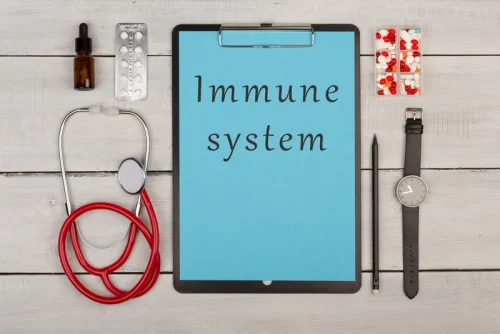If you’re living with alcohol use disorder, quitting drinking is important for your health. But quitting on your own can pose risks to your health and is unlikely to be successful. how to control drinking Rehabilitation facilities can help you on your path to sobriety by addressing alcohol withdrawal symptoms and becoming involved in sober living support groups, like AA.

Alcohol Moderation Management Programs
Talking to an addiction psychologist or other addiction professional can guide you through some generally recommended techniques. Although it is a good idea to think about reducing your alcohol intake, check whether you are a suitable candidate for controlled drinking. Some people shouldn’t drink at all, especially if you have a history of addiction problems or a close relative with an addiction or mental health issue. If you feel that avoiding alcohol completely is not for you, there are other options.
Alcohol Addiction Help and Resources

This neurotransmitter is key to reducing depression and anxiety—common reasons people use alcohol and also common issues that arise when quitting alcohol https://ecosoberhouse.com/ (4). Disulfiram is a pill that causes unpleasant side effects when combined with alcohol. The drug blocks an enzyme involved in metabolizing alcohol.

These tips will help you cut back on drinking alcohol.

At the end of the day, one of the most important tools you have at your disposal is self-compassion. Instead of criticizing yourself for having a hard time or slipping up and having a drink, remember that no one’s perfect. What matters most is your ability to maintain an open, curious outlook as you learn what does and doesn’t work for you. Satisfying hobbies can distract you from wanting to drink, but they also help you relax — something everyone needs to do.
- So, take a step back and let them deal with the after-effects of their addictive behavior.
- In addition, some new, non-addictive medications can reduce the desire to drink or lessen the rewarding effect of drinking so it is easier to stop.
- Whether you’re sober curious, know for sure you’re ready to quit, or fall somewhere in between, Dr. Streem shares advice for how to stop drinking.
It also covers how to start the conversation and how to avoid enabling their drinking. Alcohol use disorder (AUD) affects both the individual with the condition as well as others in their life, including their loved ones and families. Alcohol use can take a toll on the family’s dynamic, mental and physical health, finances, and overall stability. There’s a reason you’ve reached the decision to quit or cut back.
- Meditation, practiced on your own or via guided meditation, can help you learn to react less to alcohol cravings (8).
- Here are suggestions for how to get through alcohol withdrawal at home.
- Josh Lee is a clinician and researcher with a focus on medication-assisted treatment of alcohol and opioid use disorders.
- Above all, getting informed helps you see that your loved one is sick and suffering, not trying to hurt you.
Turner notes the importance of bringing along a trusted support person when attending events that involve alcohol. It’s often easier to turn down a drink when you don’t have to do it alone. What’s most important is looking at your drinking habits and finding a way to cut back that works for you. But maybe you’re unsure about quitting completely and don’t want to hold yourself to that goal. Knowing why you drink is essential, says Cyndi Turner, LCSW, LSATP, MAC, a Virginia therapist specializing in addiction treatment and alcohol moderation. Medical experts recommend children and teens stay away from energy drinks due to the levels of caffeine and sugar, according to the American Academy of Pediatrics.
How to Stop Drinking: Making a Plan That Works for You
- When you have figured out how many drinks you can drink, write it down, along with the drinking time period.
- By avoiding alcohol, you’re taking a big step toward improving physical health.
- Here are five techniques that can help you exercise alcohol self-control.
Feeling at your best physically can boost resilience and emotional strength, equipping you to weather challenges that trigger the desire to drink. It’s possible to develop a better relationship with alcohol and make more mindful, informed choices about drinking without total sobriety. Maybe you don’t think you depend on alcohol exactly, but you still wonder whether you might be drinking too much.

